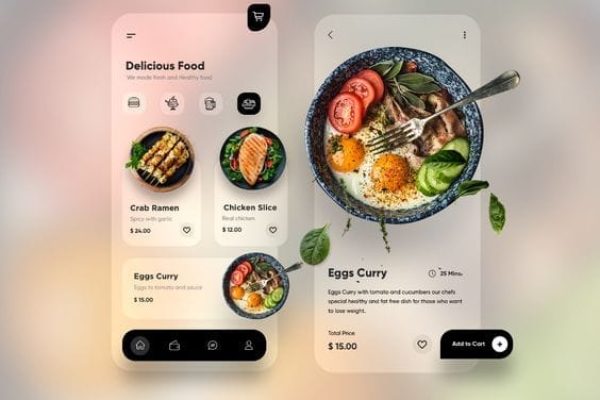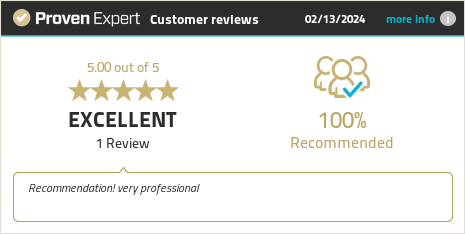In the vast digital landscape where first impressions often hinge on a flick of a mouse or a tap on a screen, your website’s contact page serves as the bridge between you and your audience. It’s more than just a collection of forms and email addresses; it’s an invitation for connection,conversation,and collaboration. An effective contact page can empower visitors to reach out, ask questions, or even spark partnerships that might lead to great opportunities. Yet, many websites overlook this crucial component, leaving potential inquiries stranded in the digital void. In this article, we will explore the essential elements of a well-crafted contact page and equip you with the tools necessary to transform this often-neglected section into a dynamic gateway for engagement. Whether you’re a seasoned web developer or just starting out, understanding how to create an effective contact page will not only enhance user experience but also strengthen your online presence. Let’s dive in!
Creating a user-kind layout is essential for facilitating seamless interaction. To achieve this, focus on clear association of content, ensuring that users can easily locate the details they seek. Consider incorporating features such as a search bar, an FAQ section, or simplified navigation menus that guide users through the contact process smoothly. The visual layout shoudl include sufficient white space to avoid overwhelming visitors and to highlight key areas like your contact forms and support options. Utilize bold headings and subheadings to make vital information stand out, ensuring users can skim through the page efficiently.
When it comes to call-to-action (CTA) buttons, their design plays a pivotal role in encouraging conversions. Use vivid colors that complement your site’s aesthetic,while ensuring the buttons are large enough to be easily clickable on mobile devices. Relevant action words like ”Get in Touch” or “send Us a Message” make the purpose clear and compelling. Moreover, optimizing your contact page for both SEO and user experience requires a few key elements: include meta descriptions, proper heading hierarchies, and keywords that reflect user intent. Ensure your contact page loads quickly and check that all interactive elements function flawlessly to maintain a positive user experience.
Q&A
Q&A: How to Create an Effective contact Page for Your Website
Q1: Why is a contact page important for my website?
A1: A contact page serves as a bridge between you and your audience.It provides a dedicated space for visitors to reach out, ask questions, and express their interests. An effective contact page can enhance user experience, build trust, and ultimately lead to increased engagement and conversions.
Q2: What essential elements should I include on my contact page?
A2: Your contact page should prominently feature a contact form, email address, phone number, and, if relevant, physical address. Consider including links to your social media profiles for additional channels of communication. Incorporating a map can also be helpful for local businesses.
Q3: How do I design an appealing contact form?
A3: Design your contact form to be simple and intuitive. Limit the number of fields to essential information, such as name, email, and message. Use placeholders and labels to guide users, and ensure there’s a clear call-to-action button like “Send Message” or “Get in Touch.” Don’t forget to provide an acknowledgment message after submission!
Q4: should I use a chatbot on my contact page?
A4: Chatbots can enhance your contact page by offering immediate assistance and answering common queries. Though, ensure that users can easily switch to human support if needed. Balance automation with personal touch to maintain a friendly, approachable atmosphere.
Q5: How can I make my contact page more user-friendly?
A5: Prioritize clarity and simplicity. Use concise language, clear instructions, and a clean layout. Arrange elements logically, and be mindful of mobile users by ensuring the page is responsive. Also, consider adding FAQs to address common concerns instantly.
Q6: What tone should I adopt when writing the content for my contact page?
A6: Aim for a friendly yet professional tone.Use language that invites visitors to reach out while clearly outlining how you can assist them. Keep it warm and approachable,so users feel encouraged to connect without hesitation.
Q7: Is it necessary to include a privacy policy on my contact page?
A7: Yes, it’s essential to reassure users that their information will be handled securely. Include a link to your privacy policy, outlining how user data is collected, stored, and utilized.This openness can considerably enhance trust and encourage visitors to fill out your contact form.
Q8: Can visuals enhance my contact page?
A8: absolutely! Visuals can make your contact page more engaging. Consider including images of your team or workspace to humanize your brand. Icons for contact methods (phone, email, social media) can also improve navigation and aesthetics.
Q9: How often should I update my contact page?
A9: Regularly review and update your contact page to ensure all information is current. If you change email addresses, phone numbers, or social media handles, make those adjustments promptly. An outdated contact page can lead to user frustration and missed opportunities.
Q10: What are some common mistakes to avoid on a contact page?
A10: Common pitfalls include overwhelming users with too many fields, using unclear language, and neglecting mobile optimization. Also, avoid using a generic email address (like info@) if possible; a personalized approach can foster a stronger connection with your audience.
By empowering your visitors to connect seamlessly, an effective contact page can transform casual browsers into loyal followers. Now, go ahead and create a page that not only invites inquiries but also reflects the heart of your brand!
In Retrospect
As we conclude our exploration of crafting an effective contact page, it’s clear that this often-overlooked element of your website holds significant power. It serves not only as a gateway for communication but as a reflection of your brand’s commitment to accessibility and engagement. By incorporating clear design, intuitive navigation, and strategic information, you can create a space that welcomes inquiries and fosters relationships with your visitors.
Remember, a well-structured contact page is the cornerstone of trust and credibility; it encourages potential clients or customers to reach out without hesitation. As you implement these strategies, keep in mind the unique voice of your brand and let that shine through every aspect of your contact page.
So, take a moment to revisit your website. Is your contact page inviting? Dose it embody your brand’s essence? If not, it’s time to take action. Your next connection could be just a click away, and with an effective contact page, you’re one step closer to building lasting relationships. Happy crafting!












